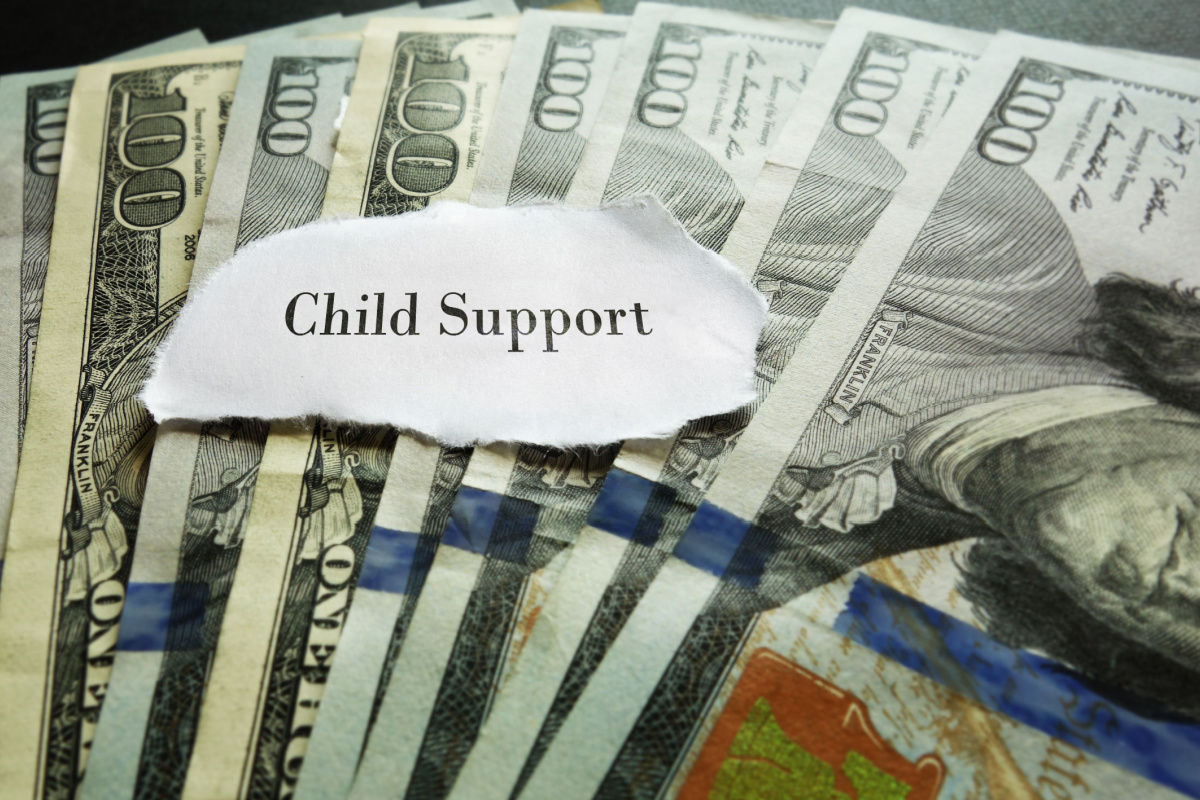
Enforcing child support orders is crucial for the well-being of children in California. This article provides valuable insights to help parents navigate the complexities of implementing these orders effectively. Understand the legal aspects of child custody and visitation orders in California Learn about legal actions to enforce child support orders, including law enforcement assistance and ...

Second marriages can bring unique challenges to estate planning, especially involving stepchildren and individual assets. Learn more about the rights of spouses and children, vital strategies for estate planning, and the importance of professional guidance in undertaking these complicated legal matters. Second marriages present complex estate planning issues. Resolving these issues requires careful consideration of ...

According to a study by the Pew Research Center, 15% of children in the United States are living with a parent who has remarried. Estate planning in blended families involves careful consideration to ensure all members, including children from previous marriages and new spouses, are considered fairly. In such families, estate plans often require more ...

Hollywood is full of blended families, and celebrities with children from previous relationships include Ben Affleck and Jennifer Lopez, Kourtney Kardashian and Travis Barker, and Gwyneth Paltrow and Brad Falchuck. Remarriage can be a positive new beginning for the couple and new step-siblings, but under California law, there can be changes to alimony and child ...

Although it depends on the individual’s age, gender, and health, the average monthly cost for life insurance is $26 a month – a small cost for an eventual payout can provide security for the family after their loved one passes on. However, in the realm of divorce and financial stability, comprehending the importance of life ...

2023 has been a significant year for LGBTQ+ celebrity divorces, including soccer stars Ashlyn Harris and Ali Krieger, pop star Ricky Martin and painter Jwan Josef, and Broadway actors Billy Porter and Adam Smith. In recent years, the legal landscape has seen significant changes in terms of marriage rights for LGBTQ+ couples. This transformation has ...

Child support laws in California aim to ensure children receive consistent financial support from both parents, even after a separation or divorce. These laws are designed to cover the child’s basic needs such as food, shelter, and education. In California, child support payments are calculated based on each parent’s income and the amount of time ...

Although celebrities enjoy many of the upsides of wealth and fame, it’s difficult to keep the details of a high-conflict divorce private. For example, the defamation lawsuit between divorced couple Amber Heard and Johnny Depp kept the public glued to the internet, as did the fraud lawsuit against Tom Girardi, which exposed the divorce proceedings ...

Parental alienation can be a complex issue to detect, especially during a time as emotionally charged as divorce. Often, one parent may engage in manipulative behaviors to turn a child against the other parent. Recognizing these signs early can make a significant difference in addressing the issue and mitigating its long-term effects. Some common indicators ...
FILL OUT THE FORM TO